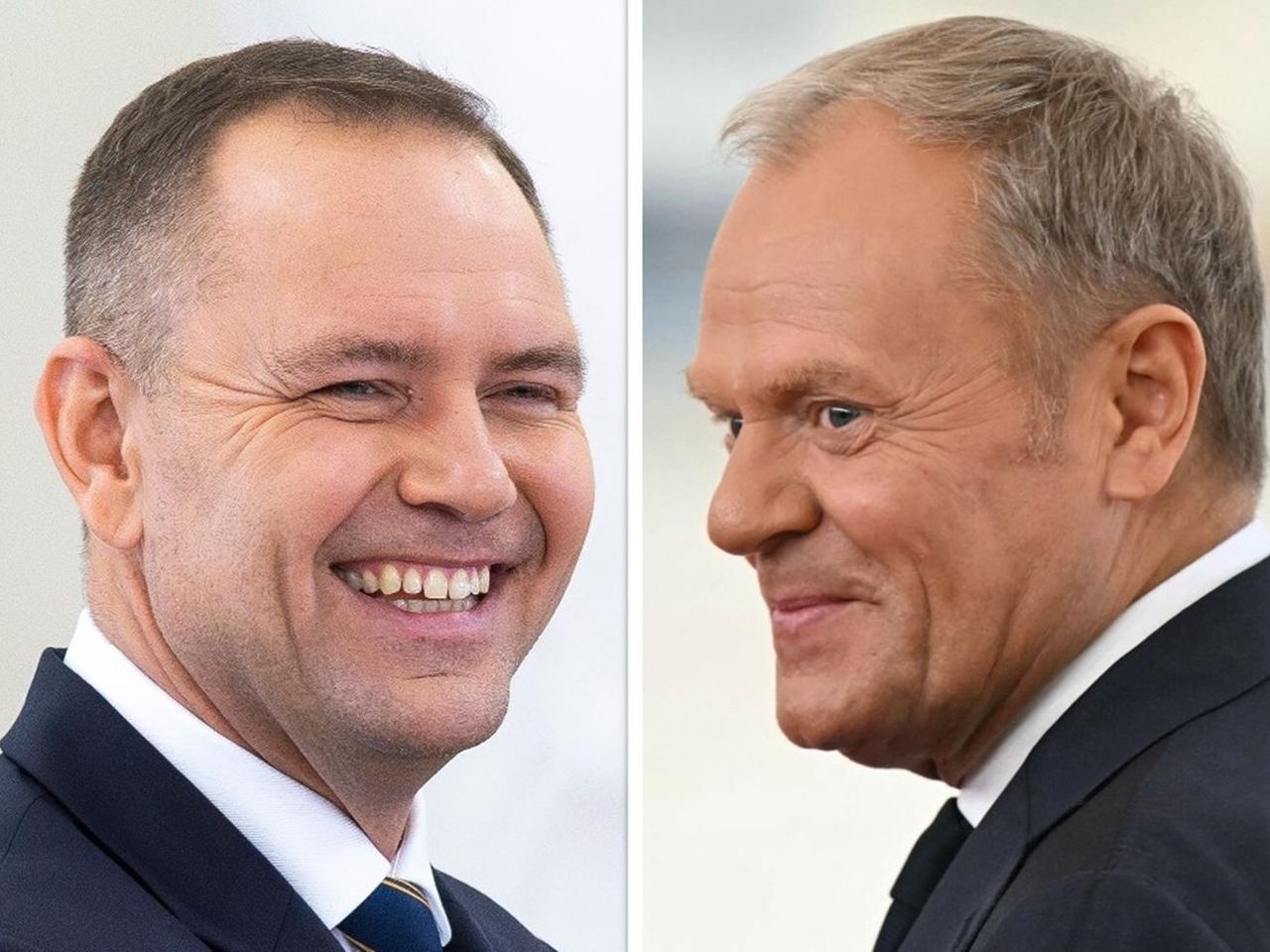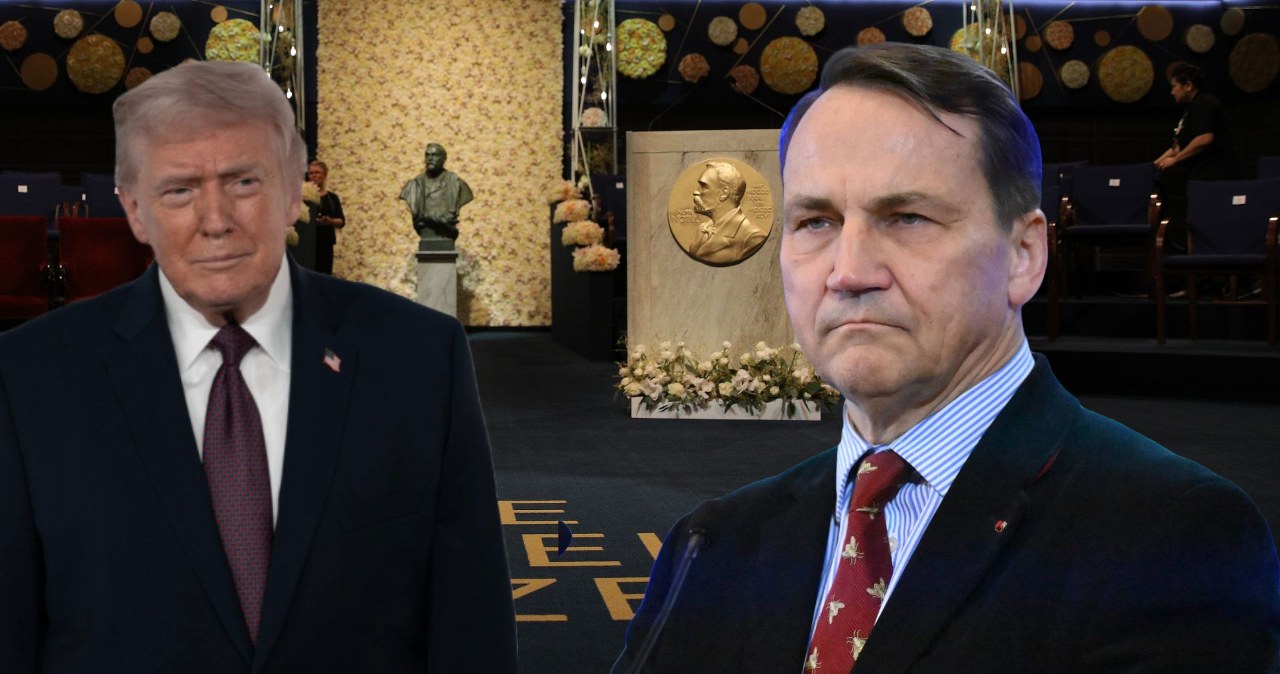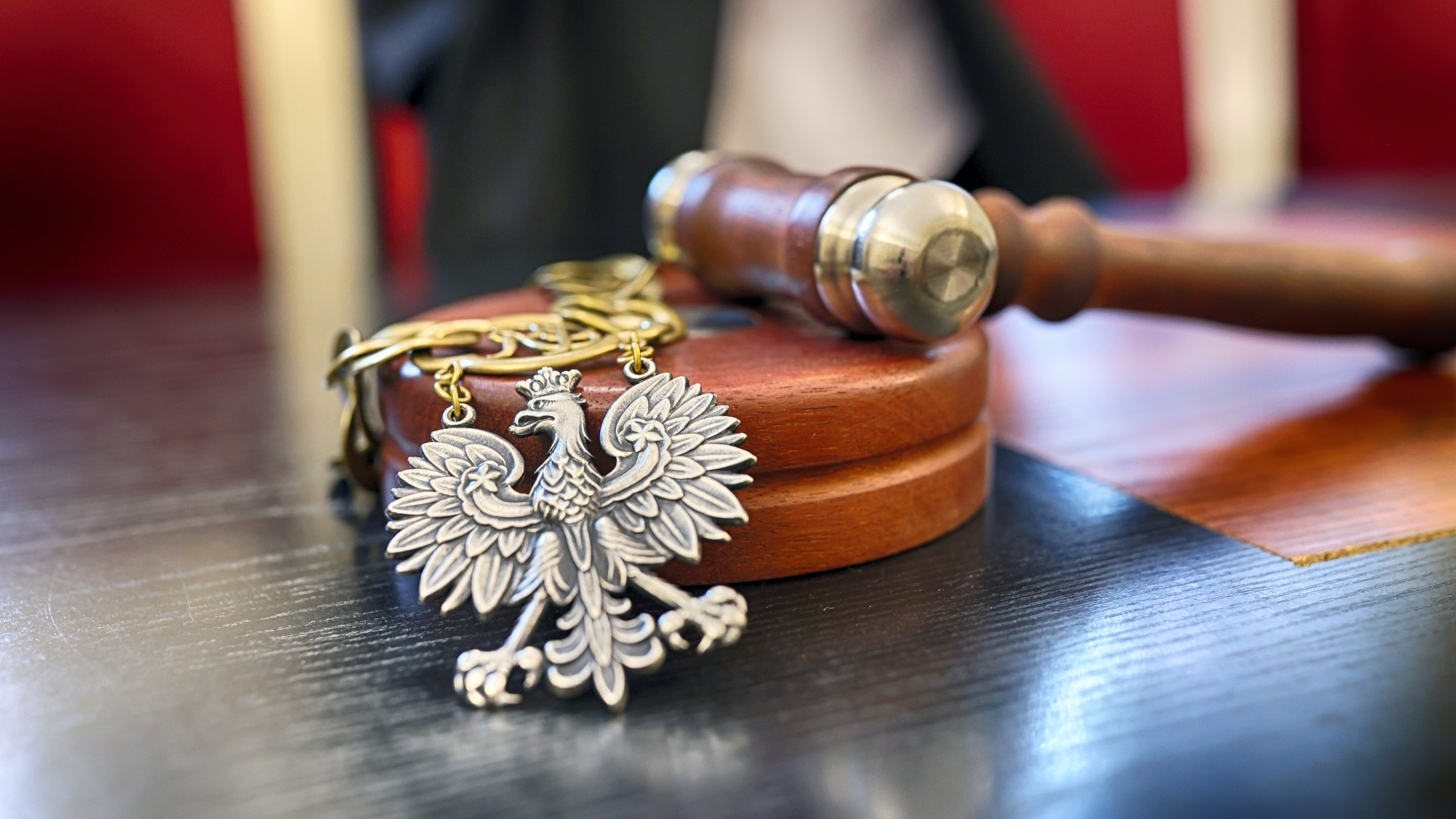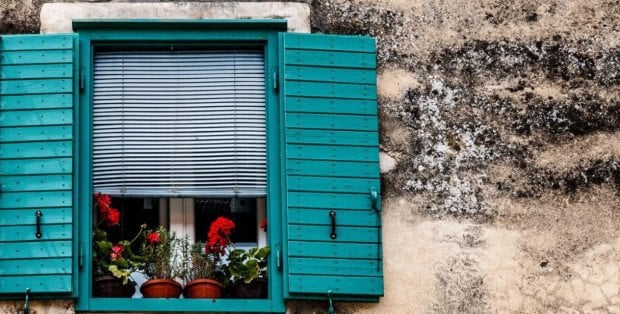
„It’s Not A Human Right To Live In Sweden” – New Integration Minister Calls For Migrant Values Survey
Authored by Thomas Brooke via Remix News,
Sweden’s new Minister for Education and Integration, Simona Mohamsson, says it’s time to stop relying on gut feelings and start using facts when it comes to integration.
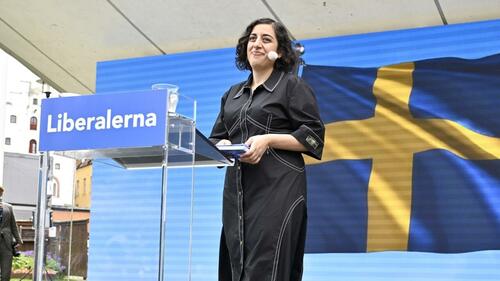
The new Liberals leader called for plans to map immigrants’ values, to find out where many sit on cultural issues that may not align with those held by native Swedes.
“It is not a human right to live in Sweden,” she said in a recent interview with Dagens Nyheter.
The government has asked the World Values Survey (WVS), a global research group, to study how immigrants’ views compare with those of people born in Sweden. Mohamsson says it’s about time Sweden looked at hard data instead of assumptions.
“For too long, integration has been based on gut feeling and guesswork,” she said.
“With real facts, we can finally talk clearly about Swedish values and take proper action on integration.”
Mohamsson pointed out that Sweden is very different from many countries when it comes to things like religion, gender equality, and family roles.
“We’re an extreme country in a good way,” she said. “People coming here can find it hard to understand how our society works.”
Mohamsson said the results could lead to changes in schools, civic classes, or language courses for migrants.
Past surveys have shown that many migrants arrive in Sweden with very different views on topics like divorce, premarital sex, abortion, and homosexuality. Over time, those views tend to shift — after about 10 years, migrants’ values start to resemble those of Swedes. But Mohamsson says that’s too slow.
“Ten years is way too long,” she said. “That’s an entire generation of girls who can’t choose who they love or boys who can’t come out.”
“This isn’t about forcing people to change what they think. It’s about making sure everyone respects the core values we have in Sweden,” she said. “It would be strange to say some people don’t need to follow those values.”
However, some political parties — especially the anti-immigration Sweden Democrats, who prop up the current government — consider this approach to be far too soft. They argue that Sweden has already waited too long to tackle cultural clashes and that surveys and gradual changes are not enough. Instead, they demand tough measures, including deportations or stricter immigration controls for migrants who do not accept Swedish and Western values.
The Sweden Democrats recently announced they will campaign in the 2026 general election on a pledge to stop migration to the country.
“Sweden’s safety must come first — even when it conflicts with the right of asylum,” its party leader, Jimmie Åkesson, wrote in May.
Their concerns have gained traction amid growing unrest across Sweden. Migrant gang violence has reached record levels, with deadly shootings, bombings, and grenade attacks now at an all-time high. Police regularly report surging conflicts between criminal groups, and some neighborhoods in major cities are now described as no-go zones for locals after dark.
Even the Moderate Party, which leads the current government, has begun increasing its remigration efforts and pushing for higher income thresholds for prospective migrants, in part due to mounting pressure from the Sweden Democrats and growing public frustration over crime and integration failures.
Mohamsson wants to portray her party as one that understands these concerns, stressing that people who move to Sweden have a duty to try to fit in. “It’s not a human right to live in Sweden,” she repeated. “This isn’t about opinions — it’s about finding out which values clash with Swedish ones.”
This is one of Mohamsson’s first big interviews since becoming both integration minister and leader of the Liberals. She admitted her views have changed over time — she used to oppose her party’s shift to the right, but now she’s a minister in a government supported by the Sweden Democrats.
Asked about this, she said, “Yeah, I’ve changed my mind since I first got into politics 15 years ago. When it comes to problems in schools and integration, I think the best way to fix them is through the cooperation we have now.”
Despite the current government’s hardline rhetoric on migration, 60,000 foreigners still received Swedish citizenship in 2023.
Read more here…
Tyler Durden
Tue, 07/08/2025 – 03:30


